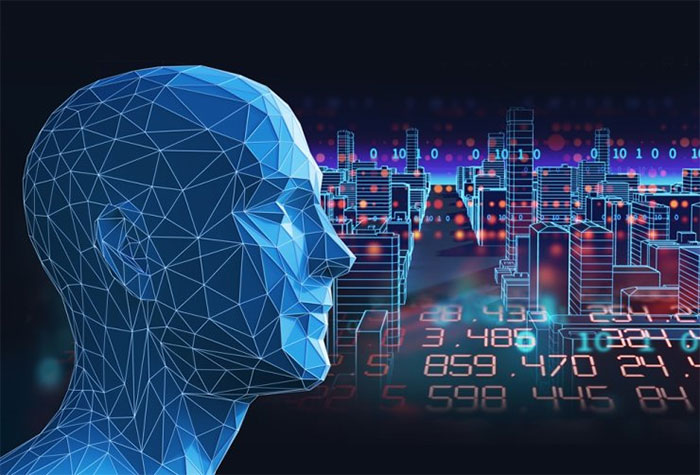Chinese researchers have announced the development of the world’s first artificial intelligence (AI) machine capable of charging and prosecuting criminals.
According to the South China Morning Post, designed and tested by the People’s Procuratorate of Pudong, Shanghai, the AI “prosecutor” can issue charges with over 97% accuracy based on verbal descriptions of incidents.
Professor Shi Yong, director of the Knowledge and Data Management Laboratory at the Chinese Academy of Sciences, stated that this technology could help reduce the daily workload of prosecutors, allowing them to focus on more complex tasks.
“This machine can replace prosecutors in making decisions to a certain extent,” Professor Shi and his colleagues noted in a paper published in the Chinese Management Review.
Prosecutors have begun utilizing AI technology in law enforcement processes since AI was first applied in China in 2016. Many agencies in the country are using an AI tool known as System 206, which can analyze the authenticity of evidence, assess arrest conditions, and evaluate the danger level of suspects to the public.
However, all existing AI tools have very limited roles because “they cannot participate in the decision-making process for charges or propose sentences,” Shi and his colleagues stated. Making such decisions would require a machine capable of identifying and excluding any content from the case file without overlooking critical information. Furthermore, the AI machine also needs to convert the complex, varied languages of humans into a standardized mathematical or geometric format that computers can understand.

The AI prosecutor can issue charges with over 97% accuracy. (Illustrative image: Getty Images).
Chinese internet companies have developed advanced tools capable of processing natural language, but these operations often require large computers that prosecutors do not have access to.
The AI prosecutor developed by Professor Shi’s team can operate on standard desktop computers. For each suspect, the system will issue charges based on 1,000 characteristics derived from human-generated text descriptions of the case, even if the data is very minimal or abstract. Then, the System 206 will evaluate that evidence.
The new AI machine has been “trained” to be used in over 17,000 different cases from 2015 to 2020. So far, it can identify and charge the eight most common crimes in Shanghai. These include credit card fraud, organizing gambling activities, reckless driving, intentional injury, obstructing public officials, theft, fraud, brawling, and public disturbance.
Researchers have indicated that the AI prosecutor will soon become more effective with upgrades. It will also be able to recognize less common crimes and issue multiple charges against a single suspect.
However, an anonymous prosecutor in Guangzhou, southern China, expressed concerns about the use of AI in criminal prosecution.
“A 97% accuracy rate may seem high from a technological standpoint, but there will always be a chance of errors. And who will be held accountable when mistakes occur? The prosecutor, the machine, or the algorithm programmer?” he remarked.
Moreover, directly involving AI in the prosecution process could impact the prosecutorial discretion. Most prosecutors do not want computer scientists to “interfere” with legal judgments. Another issue is that the AI prosecutor may charge based solely on its past experiences. This machine cannot anticipate public reactions to an incident in a changing social environment.
“AI can help detect errors, but it cannot replace human decision-making,” the Guangzhou-based prosecutor emphasized.
China is actively using AI in most other fields to enhance efficiency, reduce, and strengthen control over corruption issues. Some cities in China have employed this technology to monitor the activities of social groups and state officials to detect corruption.
Many courts in China have been using AI to assist judges in handling case files and making decisions such as accepting or rejecting appeals. Most prisons in China have also adopted AI technology to monitor the physical and mental conditions of inmates, aiming to minimize violence in correctional facilities.
Not only in China, the application of AI technology in law enforcement is becoming increasingly common worldwide. Some prosecutors in Germany have used AI technology for image recognition and digital forensics to accelerate the speed and accuracy of case processing.


















































